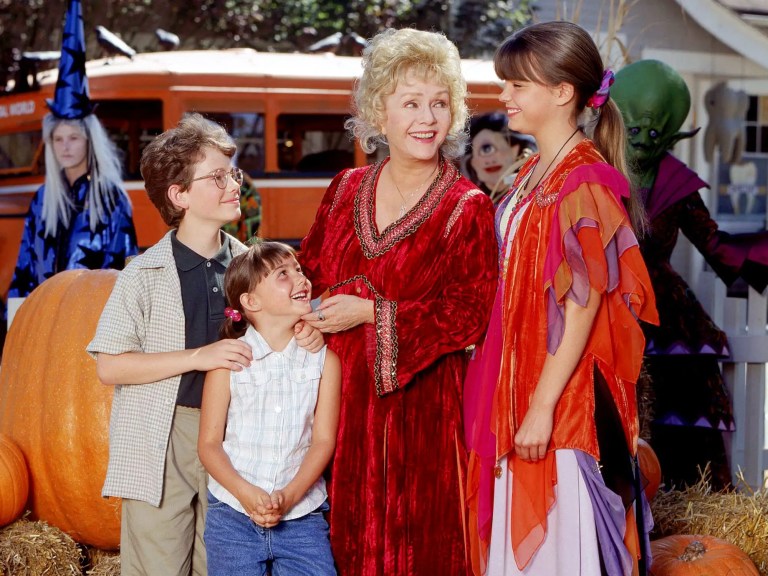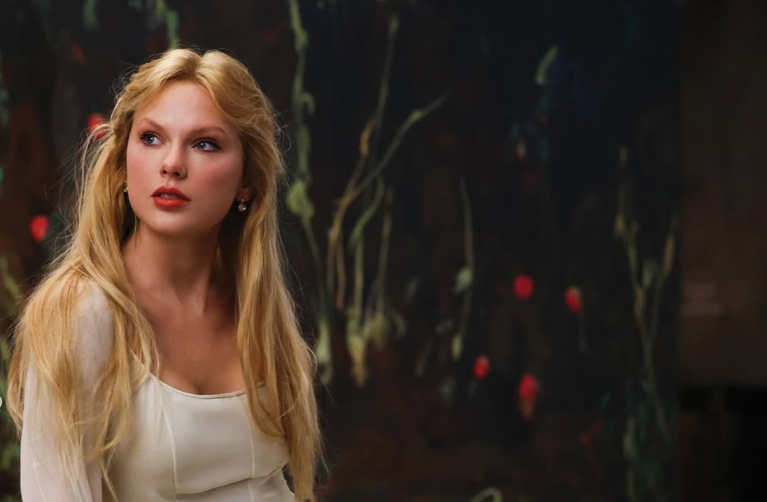
How I Learned To Stop Being Superficial
I stopped comparing myself with others, because I finally realized that I was already the only person that I could be.
By L.B. Huckaby

Let’s face it. We live in a culture dominated by vanity. “I’m the Ugly Friend.” “I Hate Being a Pretty Girl.””I Love Being the Pretty Girl.” Everywhere you go, chances are good the focus is on looks.
Can this be old news yet? I have read a countless number of articles poignantly explaining the inescapable superficial society in which we all must appeal to in order to succeed. Many of these articles seem to be written with good intentions, and the messages are ostensibly good and well, but many are critically redundant and overly self-righteous. This is classic subversion and containment, folks. By relentlessly hammering on about the evils of attaching internal value to physical attractiveness, we are only fueling our obsession and granting even more significance to superficiality as a governing agent. In other words, it’s troll-bait. It’s self-defeating. I get that it’s important to talk about these things in moderation, but when you look at the sheer volume of the discussion, it begins to speak to the real weight we continue to give general attractiveness, whether we condemn or condone it.
I think we all agree that physical appearance is arbitrary, as in it gives zero indication of a person’s innermost character. So, what gives?
Sadly, it took me a long time to accept this fact on a personal level. During my freshman year at college, my inner dialogue began to sickeningly revolve around my own physical insecurities. I constantly judged others solely by the way they looked. I scrutinized every conventionally pretty girl I saw, and compared myself to her, degrading myself for my own physical shortcomings. My thoughts were bombarded by various standards of beauty. Why couldn’t my ass look as good as hers? Why was my hair so goddamn flat? I wonder what kind of makeup she uses? It felt like no matter how many pretty As appeared on my transcript, it wouldn’t matter because I felt I wasn’t attractive enough, because who cared about a smart girl that wasn’t pretty? I sat out of several social events, and grew uncharacteristically reclusive as my self-esteem plummeted to a dangerously subterranean level. My true personality was shrouded by my own insecurity, and I felt undeserving of any good feeling or minor obtain accomplishment.
I eventually stopped going to classes. My grades dropped, and I developed a social anxiety disorder, lost most of my friends, became a bitter misanthrope, and generally avoided human contact altogether. Subsequently, I fell into a depression. I was a shell of a human being. I was a zombie.
All because I felt that I was physically unattractive.
Eventually, I slowly picked myself up and slogged through community college with an associate’s degree. I begrudgingly transferred to a nearby university and over the next year, everything began to change. I can’t pinpoint it exactly, but I felt a profound and wholly significant shift in my psyche. I met a lot of very intelligent folks who expressed their own experience with physical insecurity. And I couldn’t believe it. They were still happy.
I took a couple of classes that grabbed me by the brain and didn’t let me go. I started to listen to people instead of just look at them. I found a new job, started exploring new interests, and gradually began developing friendships with people I never would have given a chance before. I stopped caring about whether other people thought I was pretty or not, because, hell, I was smart and I was funny and I had finally learned to genuinely care about people. I grew to be more independent, mature, and confident. I accepted my own accomplishments, and because of that I began to view my outward appearance positively. I researched what interested me, I threw myself into my studies, and I began to foster my intellect.
I stopped comparing myself with others, because I finally realized that I was already the only person that I could be. My idea of attractiveness began to evolve, and it finally encompassed more than physical appearance. I began to evaluate my life in relation to resilience, hard work, and human compassion instead of how often I had my hair done or how many times I had made it to the gym that week.
This whole ordeal might sound silly. In retrospect, it still sort of sounds silly to me, but then I remember that I’m only one among many that have quietly experienced this kind of excruciating inward shame and self-judgment. To some, I may come off as a privileged, whiny girl complaining about trivial matters, but when you start developing anxiety disorders and depression, it starts to become pretty damn non-trivial.
So, I hope you can understand my frustration with this sudden influx of articles that direct an irrelevant and detrimental beam of light toward physical appearance. Doesn’t it frustrate you when you realize that the vast majority of Internet articles focuses on something as arbitrary as physical appearance? Looks fade. And I’m sorry to leave you with that cliché, but clichés are indeed clichés for a reason.
Don’t forget who’s in control of this appallingly vain “society.” Let’s change our values. Stop writing and reading about what you and others look like. Vanity is only as powerful as we let it be. ![]()











